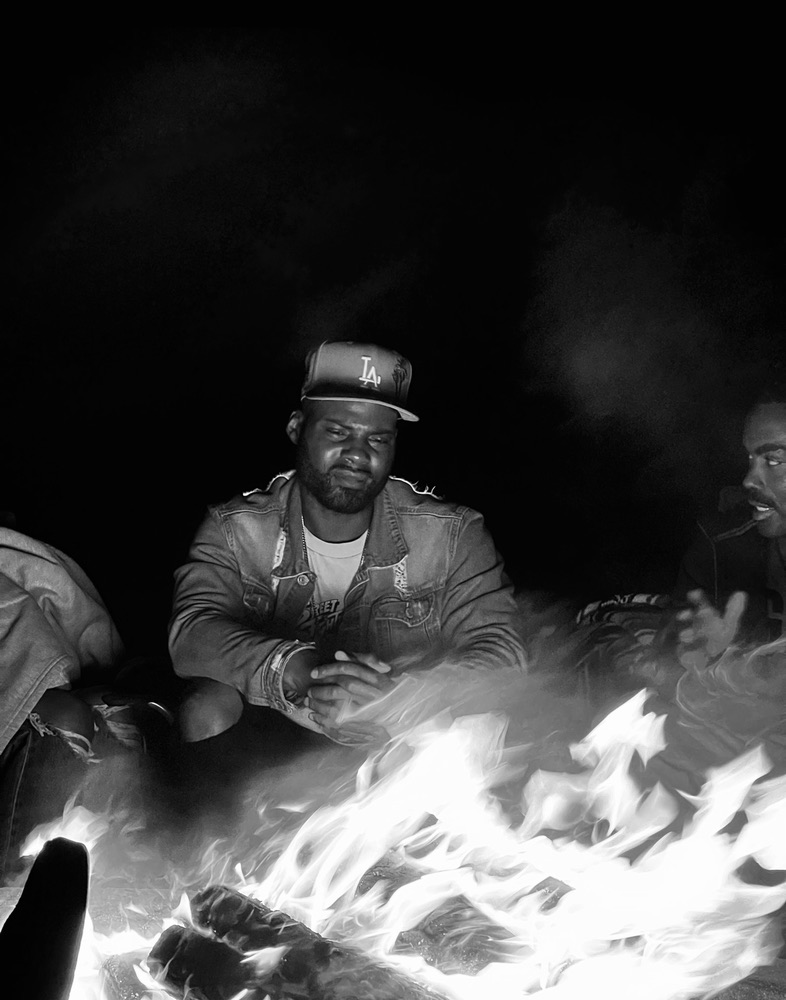Personal Economy is how we manage our resources—time, energy, money, skills, and relationships—to create a balanced, fulfilling life. Unlike the broader economy, which focuses on production and consumption, a personal economy revolves around individual priorities. It’s about aligning our choices with what genuinely matters to us, not just responding to society’s expectations. By prioritizing our personal economy, we gain clarity on investing our resources in ways that bring satisfaction and purpose, making our lives resilient to outside pressures. In “The Other Side of Pressure,” we explore how understanding and prioritizing our personal economy can help us thrive in a demanding world.
The Other Side of Pressure refers to the unseen forces—the expectations, comparisons, and judgments—that can quietly shape our lives. Beneath our pursuit of success lies a weight of societal pressure, pushing us toward goals that may not truly fulfill us. This hidden side of pressure builds stress, creates self-doubt, and distances us from what we genuinely want, creating a gap between societal demands and our own values. Recognizing this other side of pressure empowers us to balance our desires with external demands and strengthens our commitment to personal goals.
Chasing Success: When Expectations Become a Burden
Society presents a narrow definition of success: wealth, titles, and status symbols that we’re encouraged to pursue. But these markers don’t always bring satisfaction; instead, they create pressure that can drive us further from what genuinely matters.
This “success story” suggests that every action should yield visible results. But some of life’s most valuable experiences—like relationships and personal growth—don’t fit easily into this model. The challenge is to notice when our time and energy are spent on things we’re expected to do, not things we actually want. Shifting focus back to our own values allows us to redefine success on our terms.
Rethinking Self-Economics: Seeing Abundance, Not Just Limits
Traditional economics focuses on scarcity—limited time, energy, or resources. But in personal economics, an abundance mindset helps us see and leverage the potential within ourselves, rather than focusing only on limitations.
This shift helps us see that we don’t have to compete against others for value. Healthy competition is about pushing our own limits, not outdoing others. Embracing this mindset allows us to set our own standards, freeing us from the pressures of comparison and allowing us to grow authentically.
Embracing Failure as Growth
Much of life’s pressure comes from a fear of failure. But in our personal economy, failure isn’t a setback—it’s a learning experience. Just as a business invests and risks to grow, we need setbacks to learn and build resilience.
Each failure adds to our “portfolio” of life experience, teaching us and preparing us for the future. When we view failure as growth, it becomes less something to fear and more a way to strengthen our capacity to succeed on our terms.
Building Connections as Social Capital
Our personal economy also includes our relationships—friends, family, mentors, and colleagues. These connections are essential resources, offering support, encouragement, and opportunities. Built on genuine connection, our social network provides a safety net during difficult times.
Relationships are a unique investment, giving us returns in shared wisdom, resilience, and belonging. They remind us that personal success is influenced and enhanced by the people around us.
Aligning Choices with Values
A healthy personal economy means making choices that reflect our values, not just societal pressures. When we let our values guide us, we make decisions that are true to ourselves. This approach helps us avoid choices that might compromise our well-being or integrity.
In a world that often prizes competition over compassion, profit over purpose, we can create a personal economy that reflects our values. This shift from external pressures to inner values enables us to make choices that feel genuinely fulfilling.
Finding Balance: Thriving Amid Pressure
The other side of pressure is about balance. It’s not about rejecting outside expectations but about integrating them in ways that fit our lives. A sustainable personal economy is flexible—adapting to changes without losing sight of our own direction.
To build this balanced economy, we focus on choices that reflect our values, aligning time, energy, and goals with who we are. This doesn’t eliminate pressure but helps us manage it without being overwhelmed. True self-economics is about creating a life that reflects our values, freeing us to grow with authenticity.
By embracing the other side of pressure, we gain the clarity to navigate demands thoughtfully, make meaningful choices, and create a life that’s genuinely our own.























